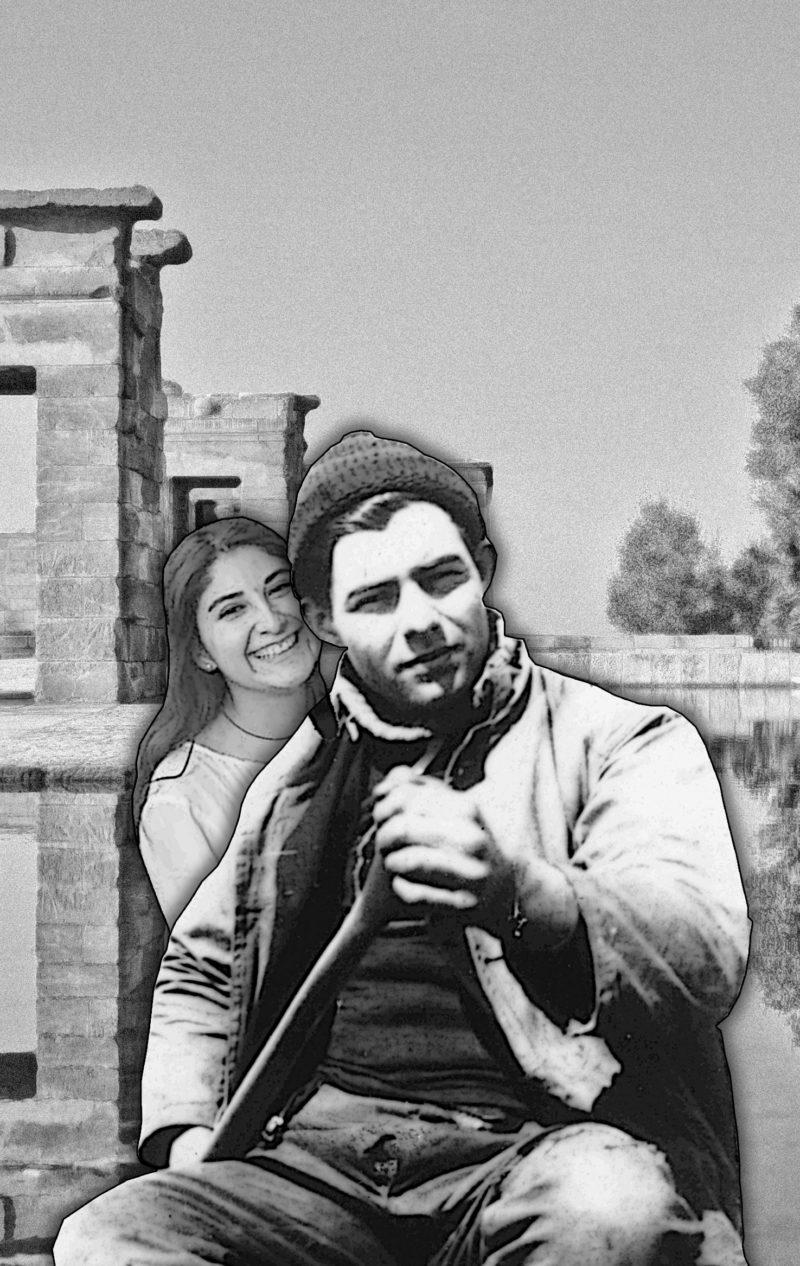Ernest Hemingway could be one of the many authors you studied in high school English class who was brooding and “important” for one reason or another. When I was in high school, that’s exactly what I thought of Hemingway. I particularly hated “The Old Man and the Sea,” which I was required to read. It was metaphorical, sure, but I thought Hemingway had beat the point to death and then some, and that most of his words were pointless. I remember thinking that he could have made the same point in less than a page. It was an incredibly boring read. So that’s what I thought of Ernest Hemingway.
But when I got to college, I slowly started to notice myself transforming into the sulky author of my high school homework days. I guess I didn’t pay enough attention in literature class, but in college I began to learn that there’s more to Hemingway than meets the eye.
This all began when I was studying abroad in Madrid, Spain the fall semester of my junior year. Funny enough, I enrolled in a course specifically dedicated to Hemingway’s work in Spain and around Europe. I discovered that when Hemingway wrote “The Old Man and Sea,” he was just that, an old man. When Hemingway pranced around Europe, mainly Spain and France, he was only a little bit older than I am now.
Three weeks into the course, I unintentionally adopted the phrase WWHD: What would Hemingway do? The phrase caught on among my friends. On weekends, when we were looking for something to do on the European cobblestone streets that were ours to play on, we found ourselves asking “What would Hemingway do?”
Well, I’ll tell you what Hemingway would do. See, I know because after reading Hemingway’s “The Sun Also Rises” in class, I did an embarrassingly extensive amount of outside research on Hemingway. I even went as far, both physically and metaphorically, as Paris, France to see Hemingway’s apartment in person and as well as Sylvia Plath’s bookstore nearby.
Hemingway and his friends, who included Gertrude Stein, F. Scott and Zelda Fitzgerald and James Joyce, were expatriates. That is, they were all former Americans who moved away to Europe and adopted a European lifestyle. At the time in which I felt I most related to Hemingway, he lived in Paris and wrote for a living. He spent most of his time writing and he took his writing very seriously. When he wasn’t writing he was being young in Paris “” exploring, attending parties and going out with friends. Both as Americans in Europe, there was a lot we related on and as both frequent writers of metaphors, there was a lot we had in common.
As I learn about the revelations Hemingway has as he travels, I begin to have some of those revelations. Hemingway focuses on the individual instead of using generalizations about an entire experience. He didn’t write about the future or the past, he wrote about the present. And he always tried to be honest. I’m starting to think that reading Hemingway will make me realize my own honesty. I gobble up all the short stories that he writes and the words he uses and the purpose that he uses them make more sense to me than my own thoughts.
Hemingway is just one of the authors, thinkers, and figures in history that isn’t all that different than us Trinity students. Even if you’re not going abroad, there are a lot of ways you can relate to the people you learn about in class. You might even learn about one that’s just like you.






